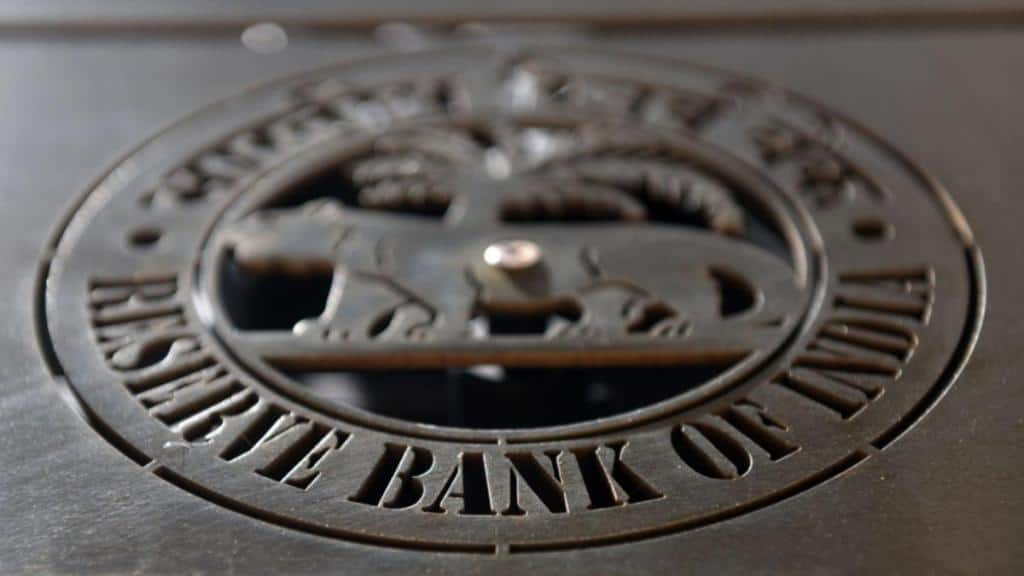The Reserve Bank of India (RBI) has asked Mastercard and Visa to suspend commercial payments made by companies through cards.
According to a letter issued on February 8, the banking regulator directed these firms to suspend all business payment solution providers’ (BPSP) transactions till further notice.
These players, including some bankers, approached RBI on Wednesday (February 14) to clarify the business model to be followed in case corporate card-to-business account money transfer transactions, said reports.
“Visa received a communication from the RBI on Thursday, February 8 in what appears to be an industry-wide request for information on the role of business payment solution providers (BPSPs) in commercial and business payments. That communication included direction that we hold all BPSP transactions in abeyance,” said Visa in an email statement.
The statement also added that BPSPs are regulated and licensed by the RBI under the PA PG (payment aggregator/ payment gateway) guidelines. “Visa is proactively engaged and continues to be in discussions with the RBI and our ecosystem partners to ensure compliance. If you have further questions, those may be better directed to the BPSPs,” it added.
While companies typically make payments through net banking or real time gross settlement (RTGS), some fintechs like Enkash, Karbon, and Paymate facilitate payments through cards for purposes like payments to suppliers and vendors. The total monthly transaction size of such payments is in excess of Rs 20,000 crore, said industry players.
Queries to Enkash and Mastercard did not elicit any immediate response. But, Paymate disclosed that it has made alternate arrangements to ensure compliance.
While the RBI has not disclosed the rationale for these measures, industry experts feel that the flow of money through card route through towards non-KYC-ed merchants may have irked the regulator. Apart from this, suspicions of fraud or money laundering in some high value transactions could have also sparked the move.
Industry players said that these cards are issued by banks to large corporate for making payments to small businesses and part of the credit line to the former.
The apex bank is seeking clarity on the small businesses who are receiving the money and wants to know whether proper KYC been done of these end-users. There seems to be concerns that the some of these end users are not genuine and part of the companies’ vendor/supplier ecosystem. Banks and fintech have to clarify these accounts with the regulator.
“Even if two-to-three players are involved, they will put a stop to it until a full investigation is completed,” a payments expert said on condition of anonymity.
It is possible that some commercial cards were being utilised to make utility payments leading to suspicions, a senior official at a leading private bank said.
Unlike a retail customer card, a commercial credit card can only be used for specific purposes and business payments. The card is issued by the current account holding bank of the corporation. Of late, many banks have partnered with fintechs for issuances of such cards.
“The RBI’s continuous focus on a strong compliance mechanism through a robust KYC solution in place implies that businesses need to adopt a compliance-first approach for sustainable growth,” says Ankit Ratan, chief executive officer and co-founder, Signzy.
Ratan added that it becomes imperative for financial institutions and fintech players to ensure that all financial transactions taking place are within the regulatory ambit and that no fraudulent or unauthorised transactions are occurring on the digital platform.
Source: Financial Express


